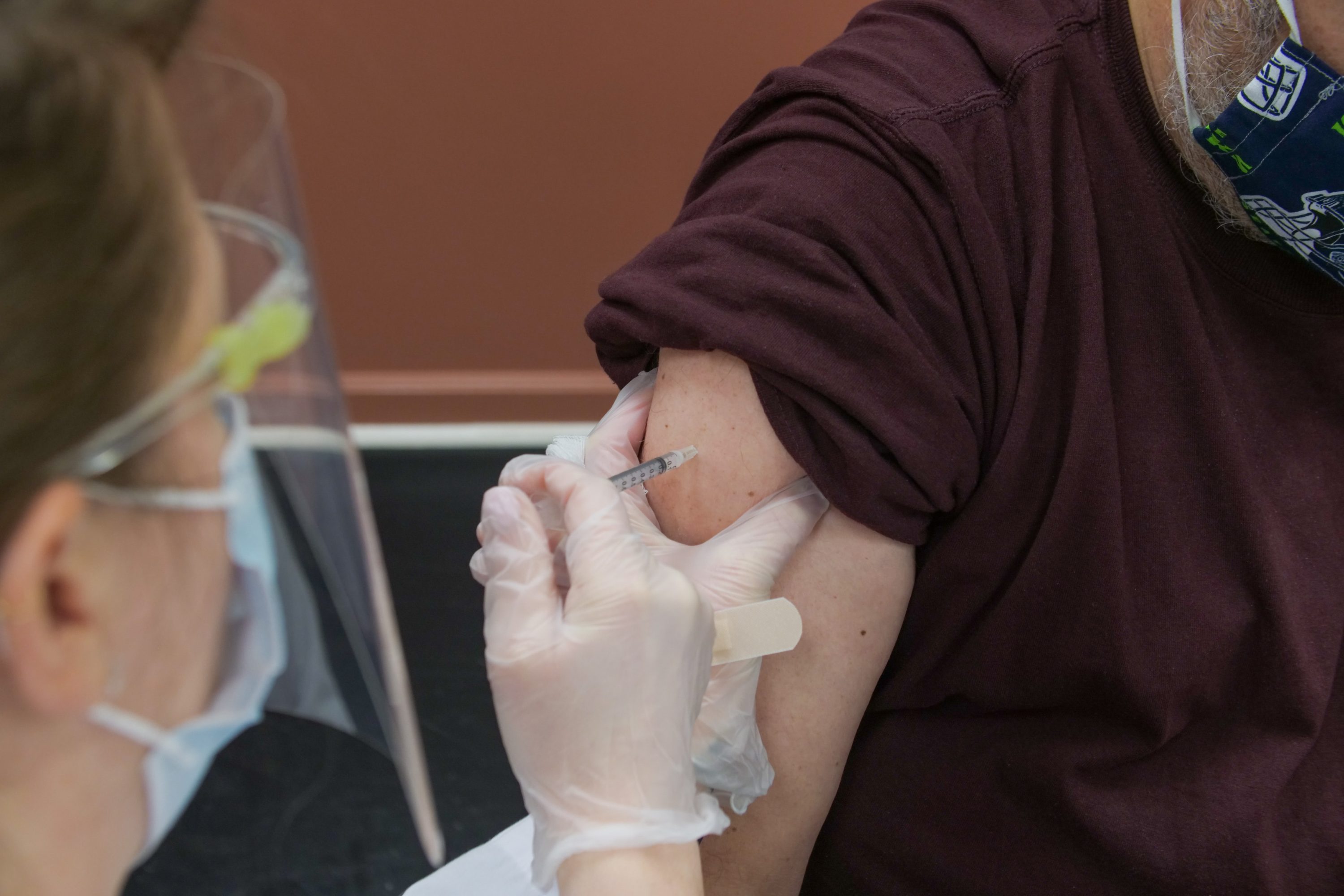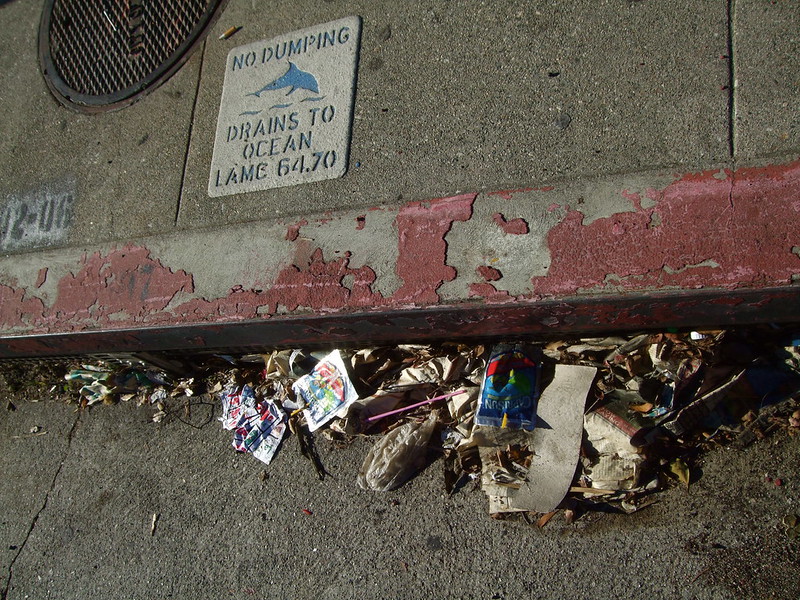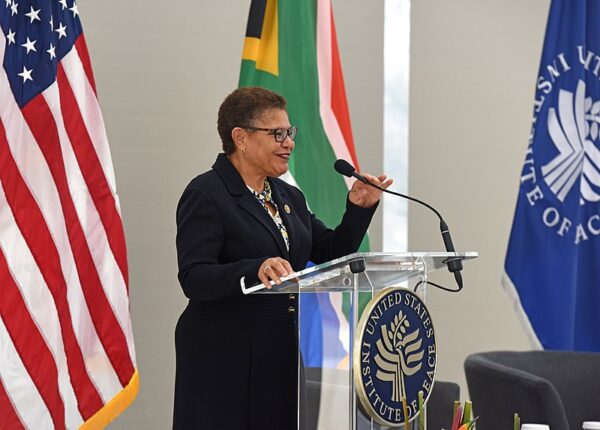The Los Angeles City Council Tuesday called for the state to pass legislation giving L.A. County enough funds to increase the supply of beds for mental health patients to levels recommended by psychiatric experts.
According to the 2018 California Psychiatric Bed Annual Report from the California Hospital Association, there should be 50 psychiatric beds per 100,000 residents. Los Angeles County, which had a population of 10,137,915 at the time of the report, had only 2,301 beds, or 22.7 per 100,000 residents. The state had 17.05 per 100,000 residents at the time.
The resolution to support legislation that allows Los Angeles County to meet the number of beds recommended by mental health experts was introduced by Councilman Joe Buscaino in December.
“One in eight visits to hospital emergency rooms involve a mental health or substance abuse condition … most emergency departments are not equipped to help people experiencing a mental health crisis. And unfortunately emergency department staff often have nowhere to send a person in crisis because of this limited number of inpatient psychiatric beds in the U.S., which have decreased significantly since the ’50s,” Buscaino said before the vote Tuesday.
Buscaino added that unaddressed mental health issues can cause people to become homeless, and the trauma of living on the streets can sometimes worsen or cause mental illness.
“If we don’t provide the resources and beds for these individuals specifically, we’re looking at more of the same in our future: an endless loop of suffering and deaths on our streets.”
He cited a 2019 study from the California Policy Lab from the University of California that found that unsheltered people are more than three times as likely to report mental health conditions compared to people living in shelters, and behavioral health care needs are major factors in losing housing among unsheltered people, especially unsheltered women.
The state allocated $3 billion this budget year into behavioral health housing and services, the largest investment in the state’s history. Gov. Gavin Newsom on Monday visited a South Los Angeles facility that will provide 176 beds to people experiencing homelessness with ongoing substance abuse and mental illness issues, as well as those who have other barriers to housing and shelter options.
Buscaino urged more action, however, noting in his motion the state’s expected $31 billion surplus, which has risen since the motion was introduced to be a projected $45.7 billion, including $20.6 billion available to use in the 2022-23 fiscal year.
Several council members spoke before Tuesday’s vote in support of Buscaino’s motion.
Councilman Kevin de León, whose district includes Skid Row, said that on Tuesday morning he and his team, during an unrelated news conference, saw a 32-year-old woman named Betty in “one of the worst conditions I have ever seen.” He said the city is intervening to get her help, but had they not been there to see her themselves, she likely would not have received help.
“The city streets of Los Angeles are the mental health units of L.A. County … it’s so normalized that it’s sort of the backdrop of L.A., the white noise. It’s horrific,” de León said.
Councilman Marqueece Harris-Dawson equated the lack of response to people on the streets having mental health crises to seeing someone in the street with a broken leg and leaving them there.
“I’ve lost count of the number of times we see a person clearly facing a mental health crisis in broad daylight and the authorities say, `They’re not a danger to themselves and not a danger to anyone else.’ So we all sit there and wait for either them to get injured or for them to cause the injury of someone else. It’s one of the most inhumane practices we have in our society,” he said.






